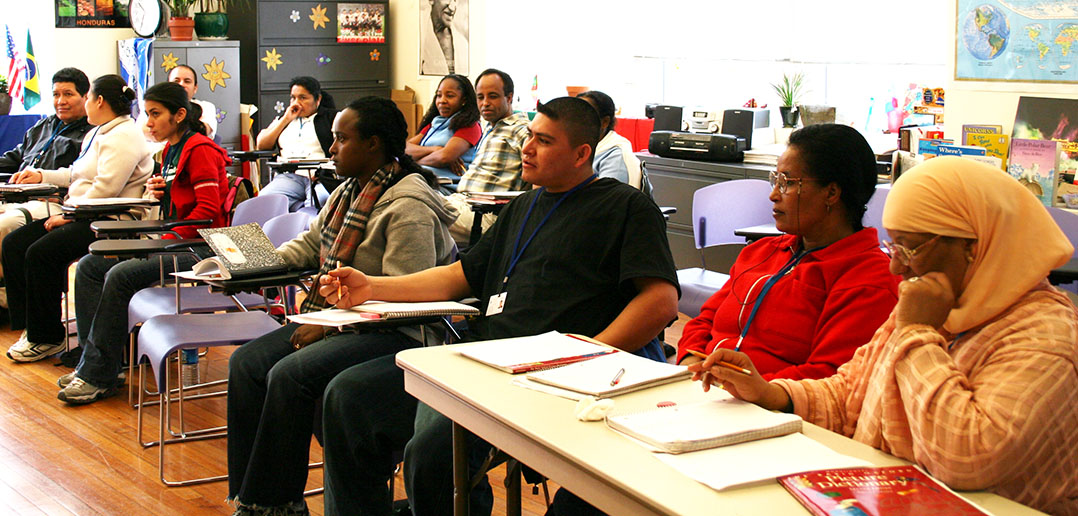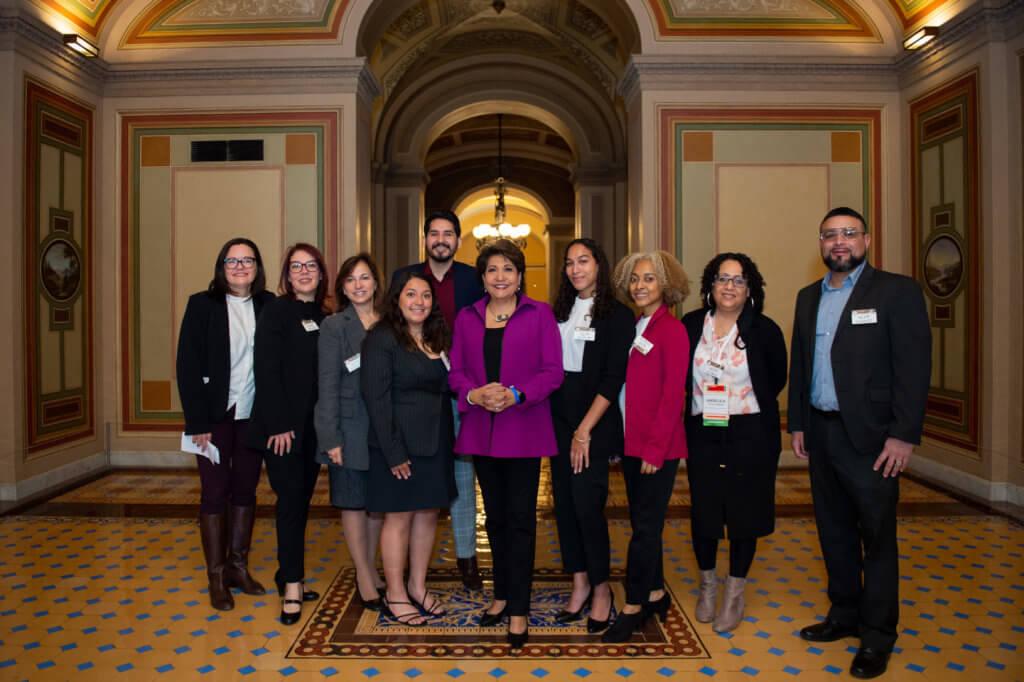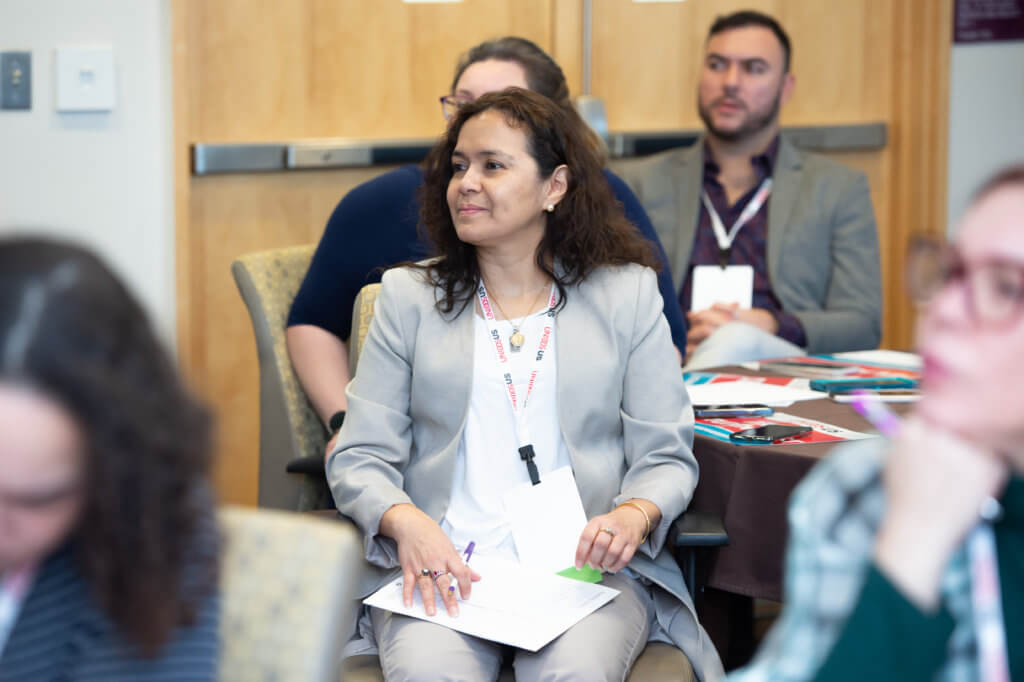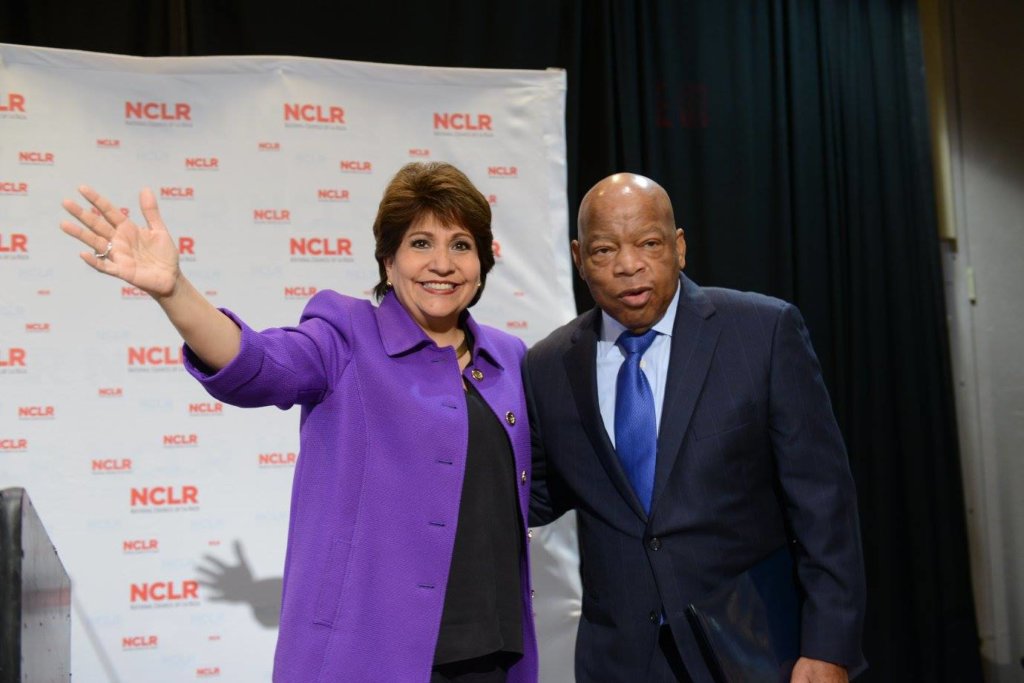Reach Out to Parents!
As states across the country prepare new school and district accountability systems, Jose Rodriguez has a message: “Reach out to parents of English learners and students with disabilities. Those voices need to be present at the table too.”
Rodriguez is Director of Parent and Community Engagement at UnidosUS, and he wants to help states and districts connect with families who have historically been shut out of the dialogue.
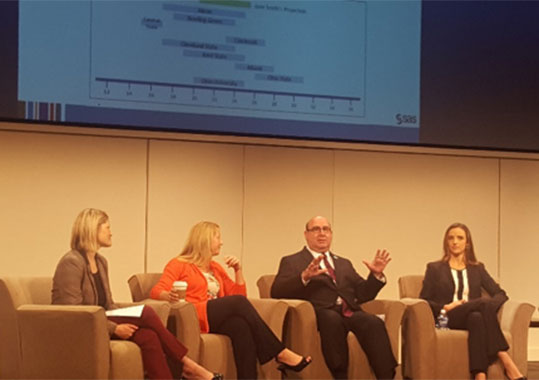
At an October panel hosted by the Council of Chief State School Officers (CCSSO), Rodriguez shared advice and best practices for parent engagement in the implementation of the Every Student Succeeds Act (ESSA), the 2015 federal education law that replaced No Child Left Behind (NCLB) and created new systems of accountability for states.
NEW REPORTING DEMANDS TO INFORM PARENTS
ESSA supports community and family advocacy by requiring that schools and districts provide important information in the form of a “report card” that families can easily access and understand. The CCSSO meeting, “Communicating Performance: Reporting in the Age of ESSA”, held in Raleigh, North Carolina, brought together representatives from over 40 state departments of education for collaborative discussions on how to make these report cards useful to families and other stakeholders.

Key information that must be shared includes:
- Improvement list: Which schools are identified for additional support and improvement?
- Student outcomes: How are students in general doing on key performance measures, such as state assessments, graduation in four years, and enrollment in postsecondary education?
- Subgroup outcomes: How are specific groups of students, such as English learners, African American students, or students receiving special education services, doing on key performance measures? Are particular groups of students making more or less progress?
- Education spending: How is money being spent on personnel at each school? Is spending fair?
As participants considered how to best communicate this information, break-out rooms were filled with sessions on school data, new reporting requirements, and best practices in engaging diverse stakeholders.
HOW CAN THESE CHANGES IMPROVE FAMILY ENGAGEMENT?
Rodriguez shared his ideas in a panel titled “Lessons Learned: Communication of Data and Accountability Results in a Report Card” along with representatives from Learning Heroes, SAS and the Data Quality Campaign. In more than 30 years of working with underrepresented families, he has seen improvement, noting that “schools and districts are more aware of diversity and are trying to reach parents with different language backgrounds.”
Results in a Report Card” along with representatives from Learning Heroes, SAS and the Data Quality Campaign. In more than 30 years of working with underrepresented families, he has seen improvement, noting that “schools and districts are more aware of diversity and are trying to reach parents with different language backgrounds.”
As they finalize new report cards, he suggests that states and districts:
- Make information available in multiple formats: Latino families often use smartphones to access websites and documents. Ensure that important information is easily viewed through mobile devices, with translations into necessary languages.
- Consider color-coding or letter grades to provide a clear interpretation of data. Parents may not understand the meaning of a percentile or scaled score.
- Partner with trusted community organizations to host meetings or discussions with families and learn from their culturally competent approaches.
- Don’t forget the basics: Working families often face childcare and transportation challenges. Flexible timing (multiple sessions), free childcare, and food are always helpful.
With support from UnidosUS and other advocates, ESSA implementation can be an opportunity to change family engagement for the better for all students and families.
RELATED MATERIALS
Webinar: Parent and Family Engagement in ESSA
Bilingual Fact Sheet: A Parent’s Guide to ESSA


